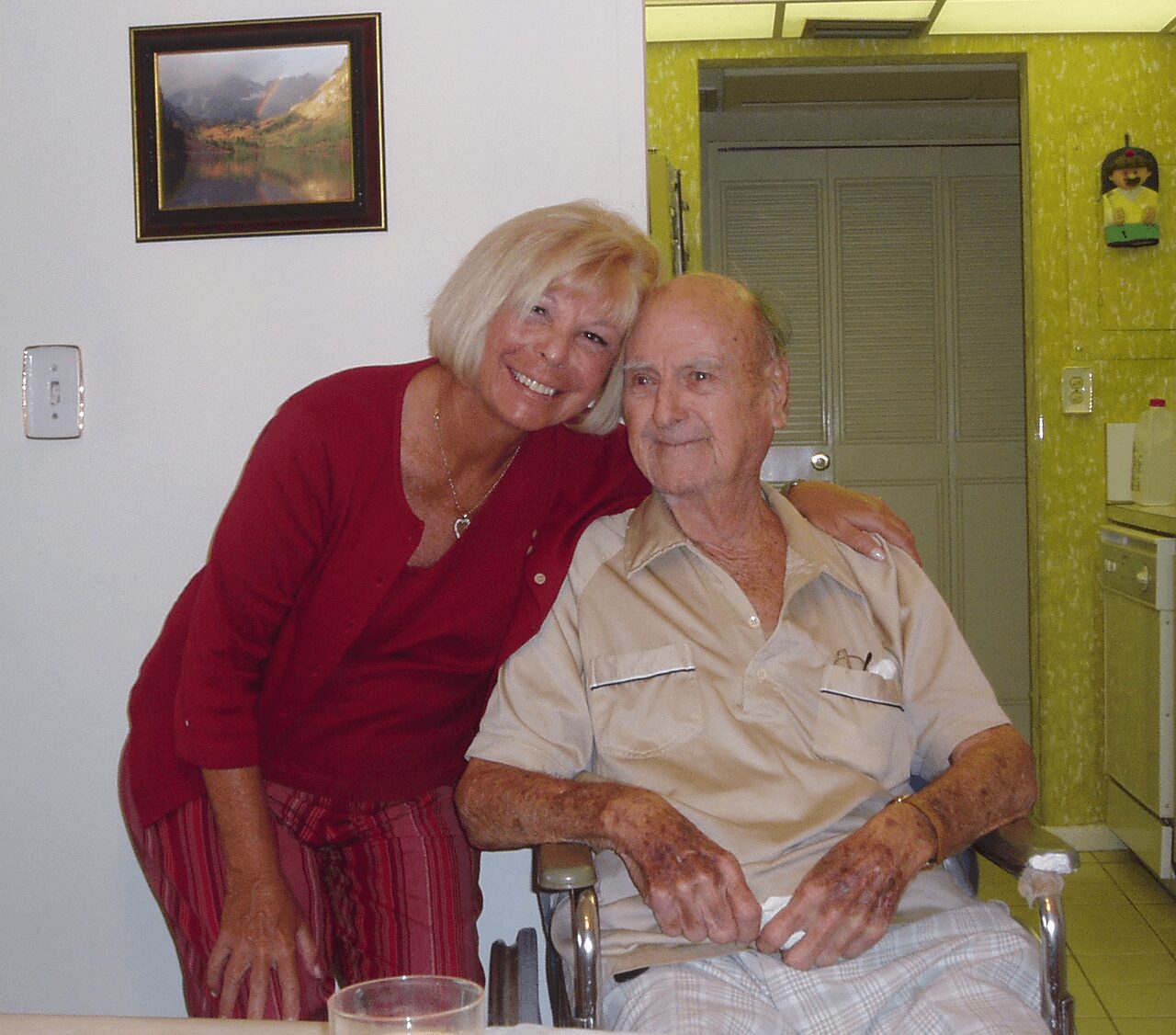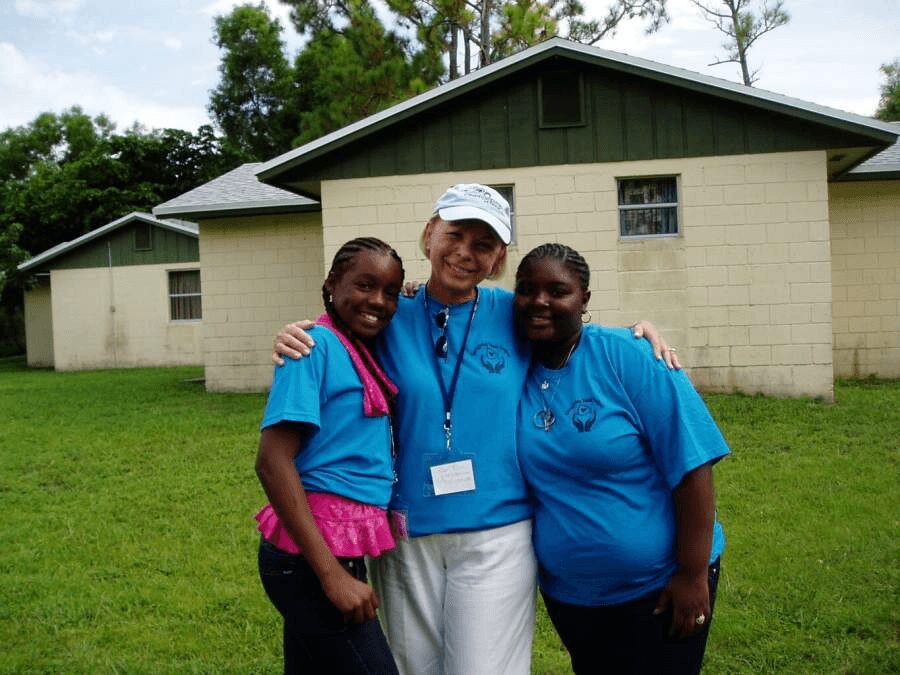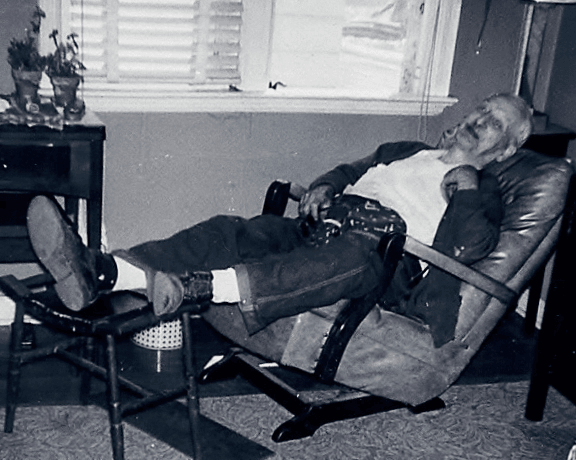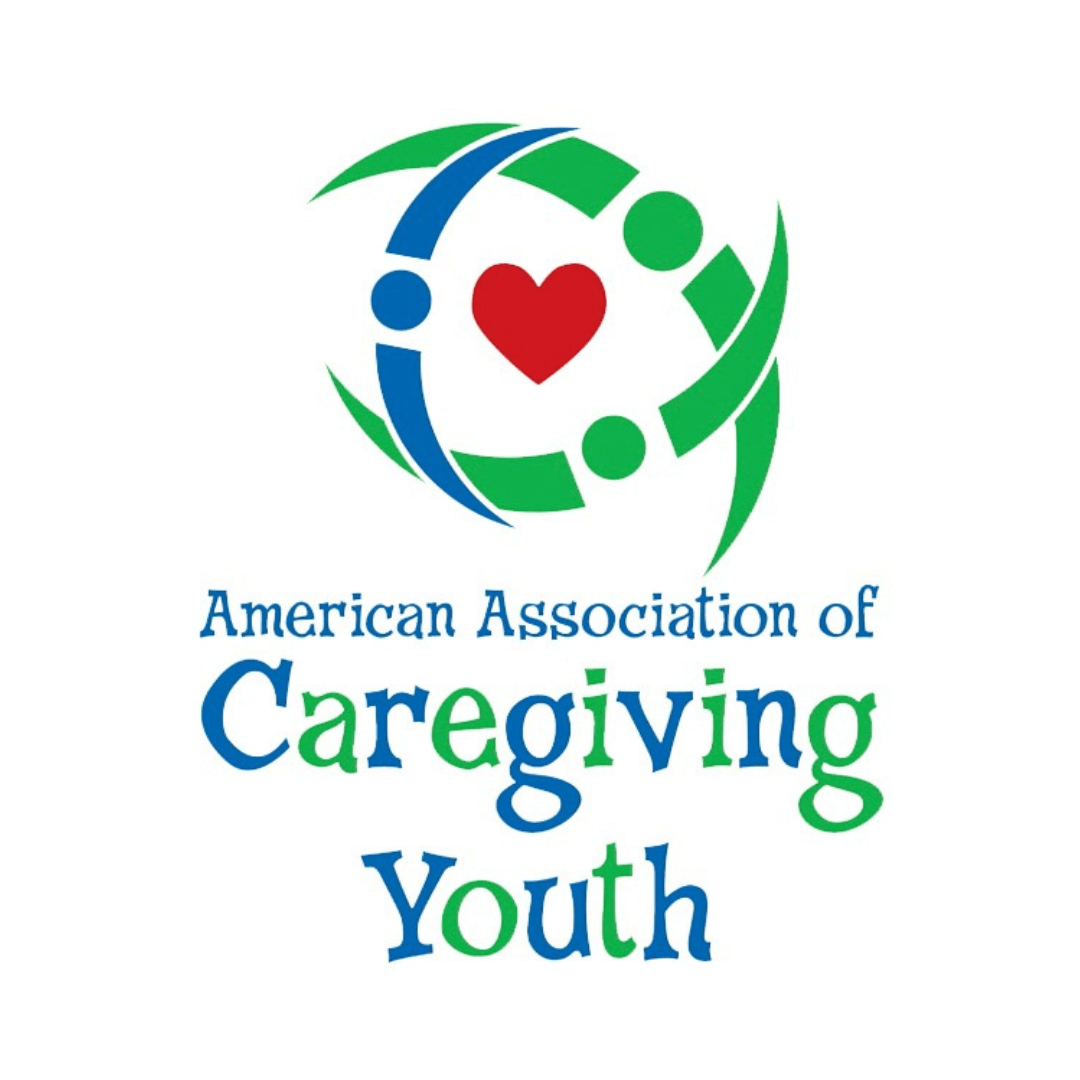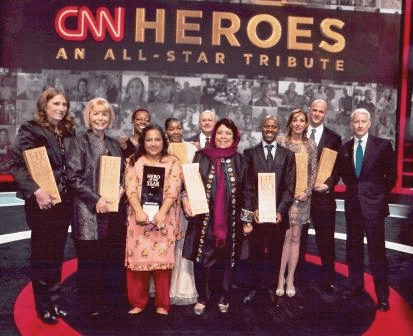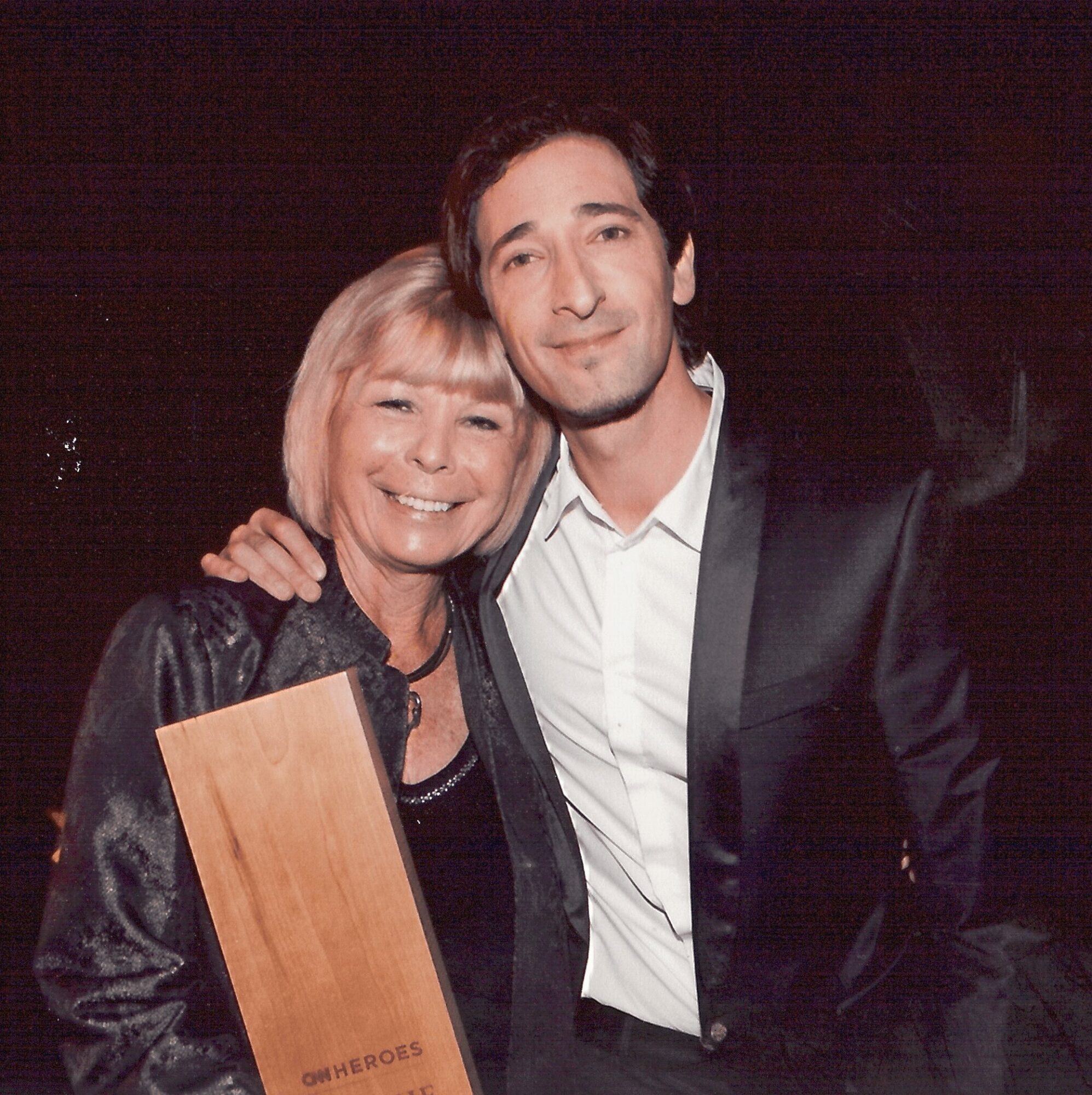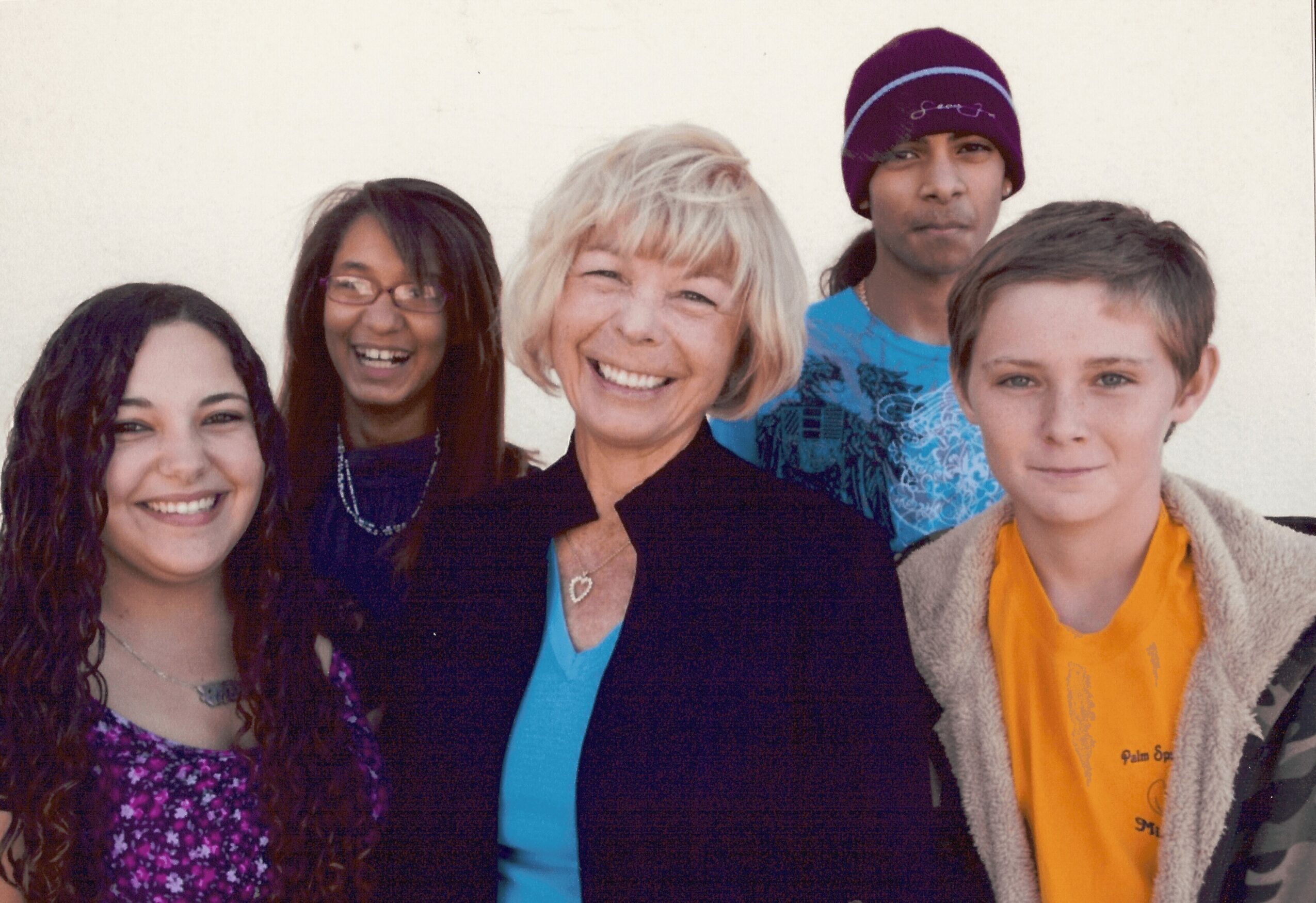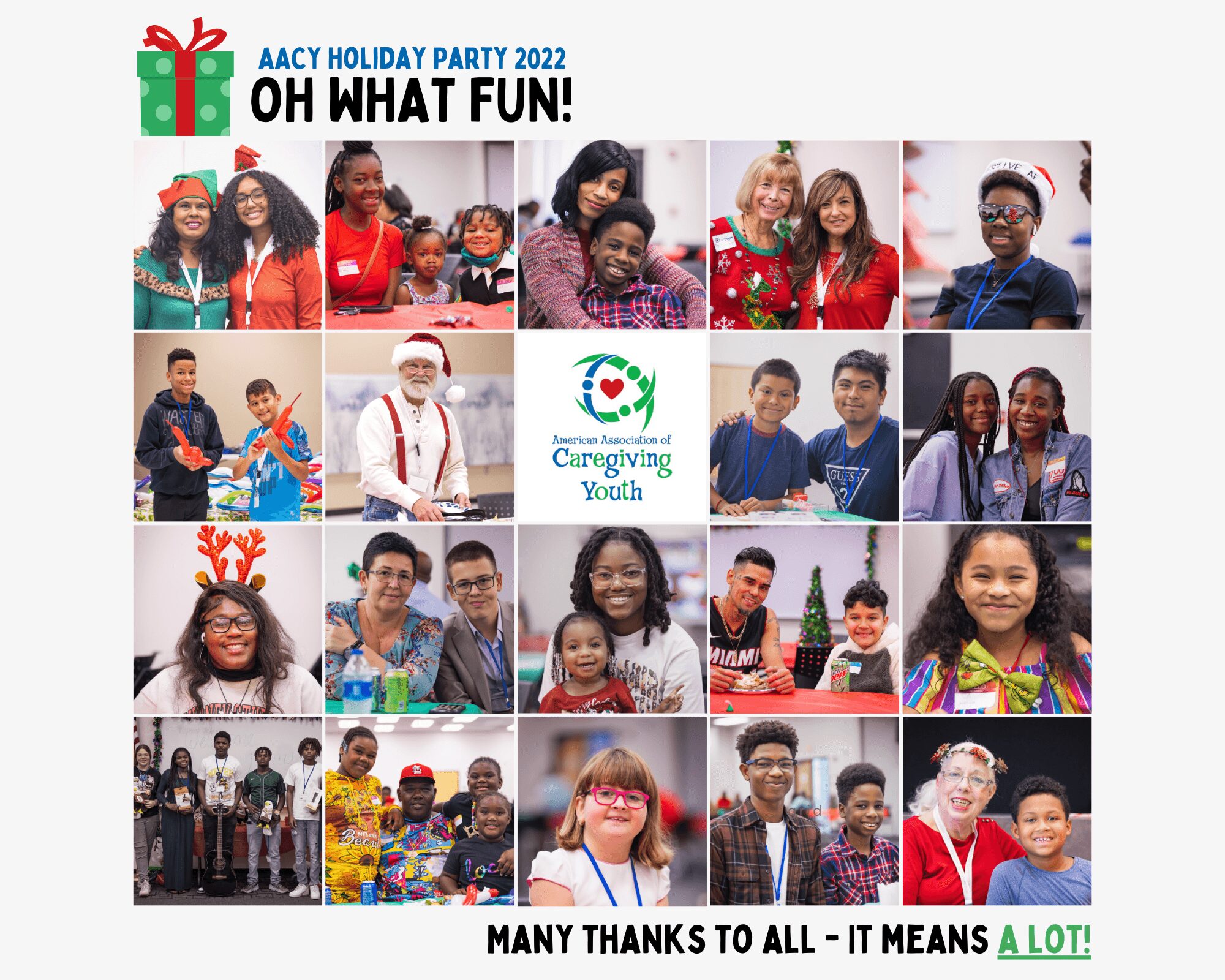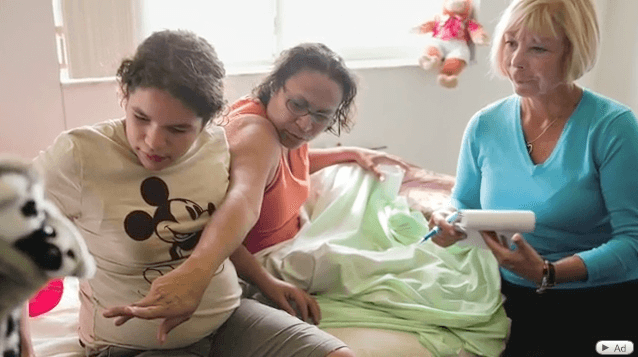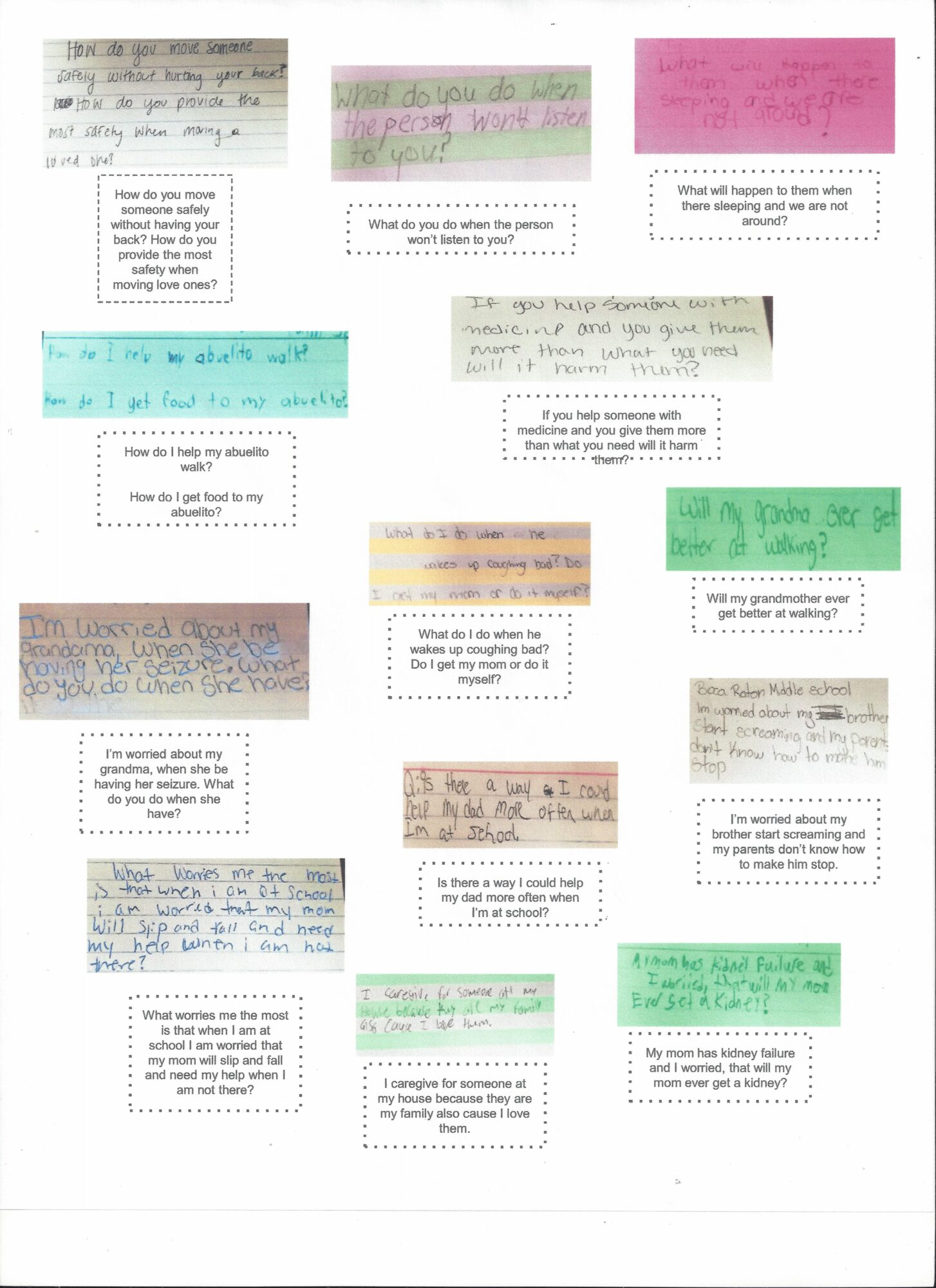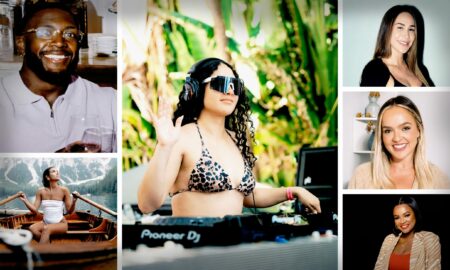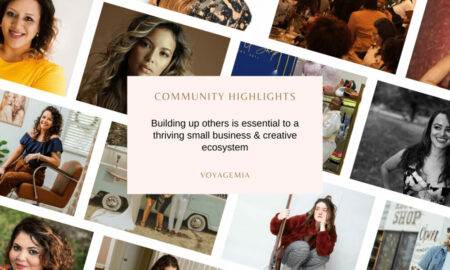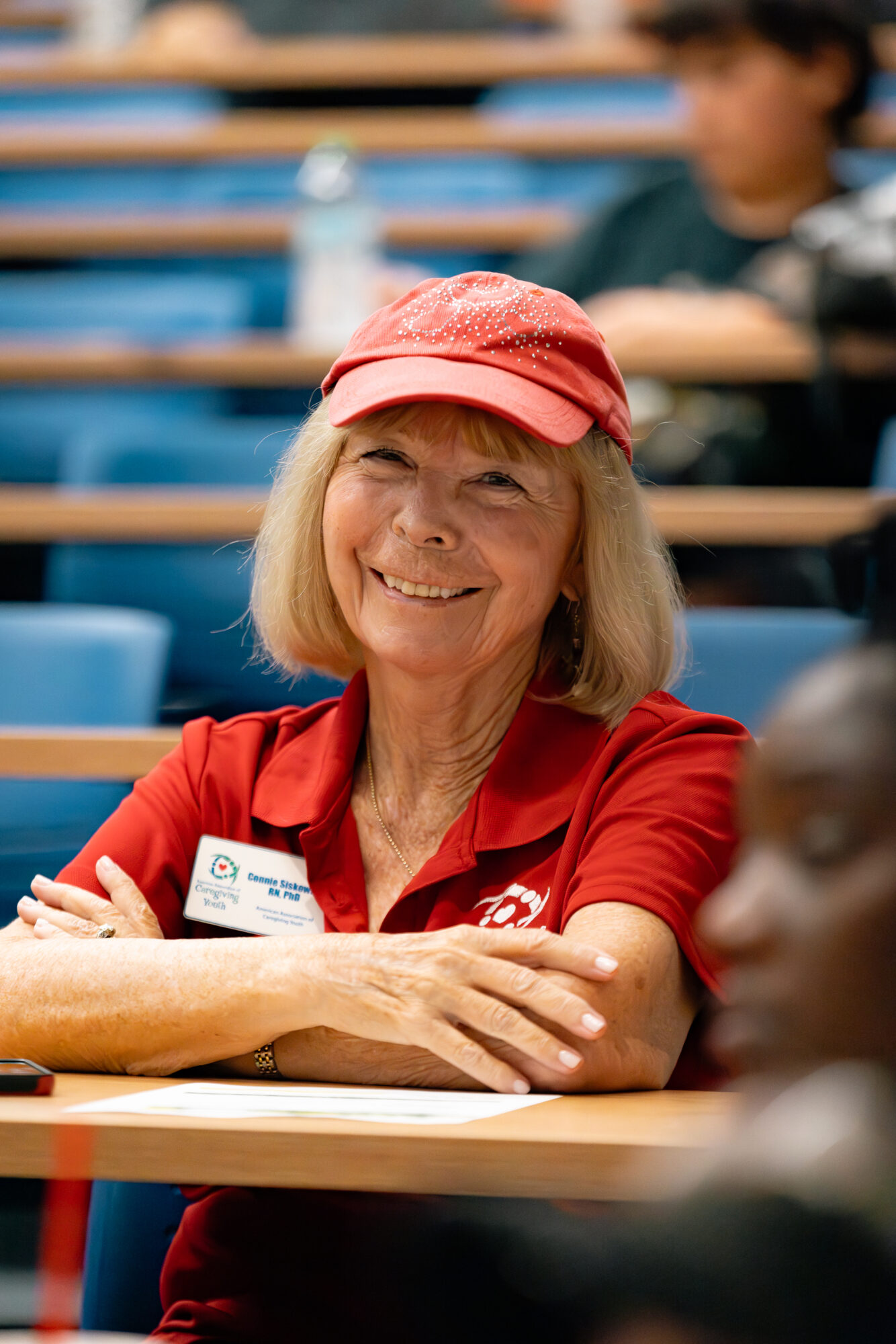 Today we’d like to introduce you to Dr. Connie Siskowski
Today we’d like to introduce you to Dr. Connie Siskowski
Hi Dr. Connie, thanks for joining us today. We’d love for you to start by introducing yourself.
My story begins in the late 1950’s – my single mom, brother, and I lived with my grandparents. My mom worked 2 jobs so was not home very much. My brother was an intellectual who would spend hours in his lab in the basement or room upstairs. My grandmother did the cooking and was pretty isolated with no friends that I recall. My grandfather, Pop, on the other hand taught me many skills and was compassionate – he was my hero so it was my honor to help him in many ways, some traumatic, as his heart health deteriorated.
Years before, he even helped me learn what I needed to for church to make my confirmation…I had broken away from my family’s church which was in another town and independently joined the local Methodist one where I had many friends in our youth group.
Our doctor did house calls for my Pop. I moved into the living room to sleep to be closer in case he needed anything and to give him his medicine. Early (2 a.m.) the morning of March 11, 1960 I got his medicine and water and went to his bedside to give it to him. I can still feel the coolness of his skin.
At this time trauma in children was not recognized. I had lost my best friend and protector as well as my $.25/week allowance-giver! It was not until I had suffered more trauma growing up and then as an adult in counseling did I learn how those caregiving days impacted my adult life.
As a teen I went on to join the volunteer 1st aid squad, was a candy striper at the hospital, and later worked for a dentist after school. I became a registered nurse and, no surprise, I specialized in cardiac nursing. My professional life was one of growth and multiple broad ranging experiences from teaching paramedics to hospice care. I was even recruited to open a new extended care facility and medical day care center in the heart of Newark, NJ.
I moved to Florida in 1990 and again my career continued to blossom. I even began a company, MD2You, to do physician house calls. It was in response to what I witnessed in home care and the need for people to see a physician when getting to the office became challenging and often postponed. I became ill and sold the company so it could thrive. Now under a different name, the physician house call work continues here in three counties.
Next I worked for a national insurance company and helped people who had long-term care insurance and were in claim. I learned about family caregiving and saw and heard with my own eyes and ears the challenges of caring for someone at home as well as the isolation of older people who often were full of pride and claimed they were okay when it was obvious they weren’t.
One day, while waiting to go into a meeting at the National Council on Aging in Washington, I glanced down and picked up a brochure about Faith in Action – a program of the Robert Wood Johnson Foundation. When home, I met with my minister, gathered some community leaders, and began the nonprofit Boca Raton Interfaith in Action to provide volunteer services to people who were homebound and caregiving families. It served the greater Boca Raton area.
That same year, 1998, I attended the First International Conference on Family Caregiving in London. There I learned about “young carers” and the support that the UK provided through 300 organizations. That summer I went on a mission trip with kids from my church; one boy’s dad had just died and another girl’s dad had pancreatic cancer. Other kids had concerns about their parents’ and grandparents’ health.
My personal life was super rocky and I was never going to marry again. One of my dear friends from Johns Hopkins nursing introduced me to a man she described as being “normal” and ultimately I married my 4th husband – now we have celebrated our 23 wedding anniversary! He encouraged me to return to school to get my PhD – I did so to have a bigger voice for all family caregivers, never expecting to have my research be the first large study of family health and caregiving among more than 12,000 public middle and high school students in Palm Beach County, FL. In excess of one in three students were caregiving and reported they were either missing school, not completing homework, having trouble focusing, or some combination of the three. Schools were beginning to look at dropout from the perspective of what’s wrong with the schools or teachers, not exploring what the student could be going through at home. There is no doubt that stress impacts one’s ability to learn.
My pioneering research led to a meeting in NY sponsored by the United Hospital Fund Foundation in which Carol Levine brought over researchers from the UK, and Rick Greene, then with the US Administration on Aging, and Gail Hunt, CEO of the National Alliance for Caregiving (NAC) announced there would be the first US study on child caregivers! The results, “Young Caregivers in the US” was released in September 2005 in Washington and documented there were at least 1.3-1.4 million children ages 8-18 years in this role. A national news clip, still on our website, gave a visual of two young people in this role.
Six months later, the Silent Epidemic, funded by the Gates Foundation, reported than among young adults who dropped out of school, 22% said it was to care for a family member.
During this time I had been working to bring together community leaders to address the issues of child caregiving. Our nonprofit received funding to begin the first work in the US to recognize and support this population which we named Caregiving Youth because of the subjectivity of the term “young.”
The work has evolved and schools became partners. The development of this first in the US model on behalf of students who were also caregivers in their family took all my time and energy. Thus, we transitioned the volunteer support program that was primarily serving adults to another nonprofit agency so it could continue. As of January 1, 2010, our corporate name changed to the American Association of Caregiving Youth (AACY). Since it began in 2006 at one school in Palm Beach County, it is now in over 40 public middle and high schools serving Caregiving Youth in and out of school and at home. The population of over 600 who we served last year, is diverse and primarily financially insecure. After a screening for eligibility, and enrollment with parental consent, participants are with us from grade six through high school, the average length of time a youth remains in the program is 5.46 years. We have served more than 2,500 Caregiving Youth and their families.
In 2014 AACY received seed money to begin the Caregiving Youth Institute to C.A.R.E. (Connect, Advocate, Research, and Educate). We Connect kids with each other, Advocate for policy to end reverse age discrimination (one has to be 18 to receive any benefits afforded to adult caregivers), in he Research domain we have formed a Caregiving Youth Research Collaborative (a major White Paper was published this year), and for the Education component, hosted six conferences with two being virtual. We also have some affiliates in other states, and other works in progress including with the State of RI Department of Education.
Our work is not done! Raising awareness and funding is critical as we move forward!
Personally, the many bumps in my personal life have allowed me to respond to what is essentially a calling, persevere, and with the help of many, work to achieve the goal that no child in our country should have to drop out of school to provide care for family members!
We all face challenges, but looking back would you describe it as a relatively smooth road?
A very rocky road as described before and some unsaid personal challenges.
Thanks for sharing that. So, maybe next you can tell us a bit more about your work?
This has been pioneering work in the US that began from a personal story and the plight to reduce suffering among Caregiving Youth today and tomorrow as well as recognize the strengths and contributions this population makes for themselves, their family and society. With academic and personal success comes increased taxable earnings, less substance misuse, crime and system dependency. Our country needs compassionate people in healthcare which, when supported, this is the population who can provide that!
I am proud of our team and greater community without whom this work would not have happened. We must keep our focus on all that still must be done on behalf of this precious population of children who are in circumstances through no fault of their own.
What do you like and dislike about the city?
I love the big sky, that we can see to the bottom of the ocean. and it is green all year!
Contact Info:
- Website: https://aacy.org
